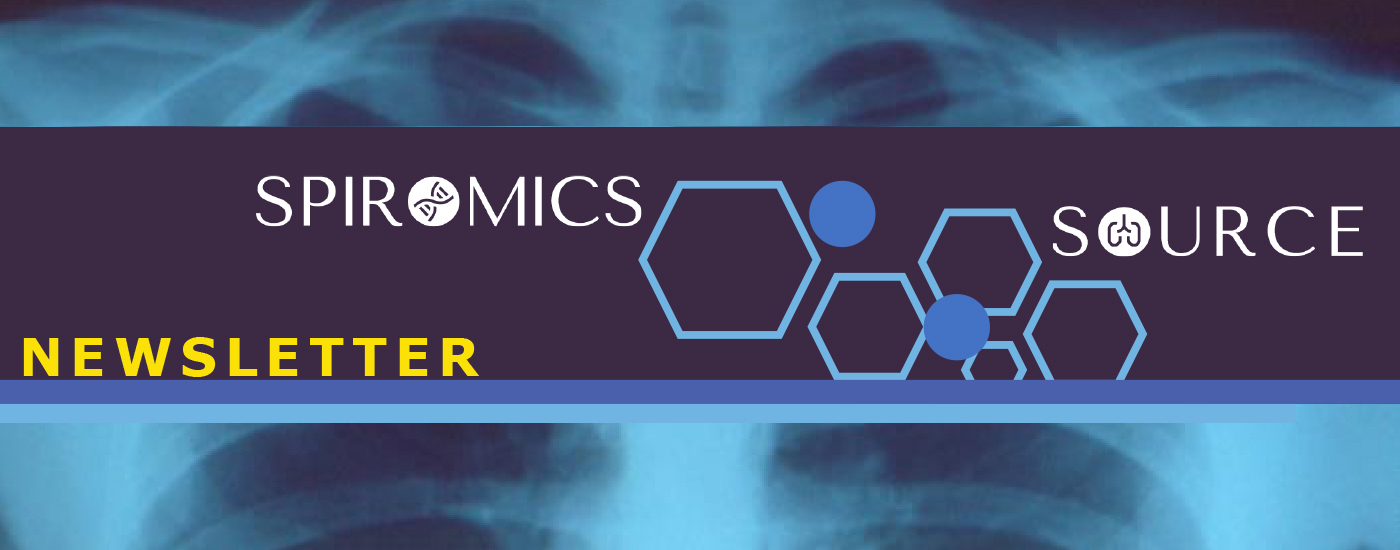Indoor Air Quality
Poor air quality can greatly impact health. The impact is greater for people living with COPD.
Being aware of outdoor air quality is important for healthy lungs. But how much have you heard about the quality of air indoors?
Indoor air in our home and workplace can have dust, mold, smoke, chemicals and radon.
Use and share these tips from the American Lung Association (ALA) and the US Consumer Product Safety Commission (CPSC) to improve indoor air quality:
- Open doors or windows for a brief time daily to vent spaces.
- Install carbon monoxide detectors.
- Change air filters often.
- Use a portable air cleaner.
- Remove sources of indoor smoke, like cigarettes.
- Have your home checked for radon. Radon is a leading cause of lung cancer. It is a naturally occurring, radioactive gas found in many areas around the US. If your home has never been checked for radon, this should be done.
There is a multi-center study launching to see if portable air cleaners can improve COPD health. Many more options for lifestyle and environment changes can affect indoor air quality. Here are some ideas:
Visit the ALA website for more on COPD and indoor air quality.
See the indoor air quality guide from the US CPSC.
What is SPIROMICS doing? Great news - indoor air pollution and lung function was the focus of a recent SPIROMICS publication. Thank you for your contributions to this key research!
A Continued Partnership
The time and effort you have spent participating in the SPIROMICS or SOURCE study is greatly appreciated!
You are the key to our discoveries about lung disease prevention. Your participation helps identify ways to improve medical care.
We are proud to announce that SPIROMICS and SOURCE will continue with additional funding from the National Heart, Lung, and Blood Institute (NHLBI) for the next 7 years.
This is exciting news!
What does this mean for you? We will continue contacting you on the phone. Then, in the next year or so, you may be asked to visit in-person. We cannot wait to see you!
“I’m Making a Start.”
Making progress toward a goal is a challenge for anyone. If your goal is to stop a habit, start something new to improve your health, or to help someone else make a healthy change, there is help.
A Partner for Change
Talk to your doctor. Ask if there are any health impacts your new goal might have. For example, check on nutritional effects from a new eating plan.
Medical providers may have ideas for a health plan that would work for you. Your doctor may have resources to share tailored to your goal. Remember to check in with your doctor on your progress.
Roadblocks to Change
Making a change is not typically like flipping a switch. How will you climb back up from a setback? Things in life that happen out of our control can disrupt a new habit, according to the National Institute of Diabetes and Digestive and Kidney Diseases (NIDDK). See NIDDK’s roadblock/solution chart for more.
Your plan could mean reaching out to a doctor, or another health professional. You may have a trusted family member or friend you can contact. A roadblock can turn into a roadmap through planning.
Feeling Motivated? Lean on What Works.
The American Heart Association (AHA) resources on health.
“COPD and Smoking: My Plan to Quit,” from the National Heart, Lung, and Blood Institute (NHLBI).
Research Highlight: COPD Exacerbations
The information gained through SPIROMICS and SOURCE can help us understand more about factors that could make COPD and lung problems worsen. We hope to understand early signs of a patient’s risk for an exacerbation. Three recent SPIROMICS publications shared important findings about identifying risks and predicting possible worsening of lung disease. We are grateful to you because your participation makes these findings possible. Again, thank you!
Acknowledgements
ACKNOWLEDGEMENTS: SPIROMICS is supported by NIH/NHLBI contracts (HHSN268200900013C, HHSN268200900014C, HHSN268200900015C, HHSN268200900016C, HHSN268200900017C, HHSN268200900018C, HHSN268200900019C, HHSN268200900020C) and grants (U01 HL137880, U24 HL141762, R01 HL182622, and R01 HL144718). SOURCE is supported by NIH/NHLBI grant (R01 HL144718). SPIROMICS and SOURCE are supplemented by contributions made through the Foundation for the NIH and the COPD Foundation from Amgen; AstraZeneca/MedImmune; Bayer; Bellerophon Therapeutics; Boehringer-Ingelheim Pharmaceuticals, Inc.; Chiesi Farmaceutici S.p.A.; Forest Research Institute, Inc.; Genentech; GlaxoSmithKline; Grifols Therapeutics, Inc.; Ikaria, Inc.; MGC Diagnostics; Novartis Pharmaceuticals Corporation; Nycomed GmbH; Polarean; ProterixBio; Regeneron Pharmaceuticals, Inc.; Sanofi; Sunovion; Takeda Pharmaceutical Company; and Theravance Biopharma and Mylan/Viatris. The newsletter was developed by the University of North Carolina at Chapel Hill, Collaborative Studies Coordinating Center, IRB #: 10-0048 (SPIROMICS) and 20-2236 (SOURCE). Page 1 photo - Neoleo/stock.adobe.com. Page 2 photo - jordan/stock.adobe.com. Lung radiograph image from the CDC PHIL, #16381.

